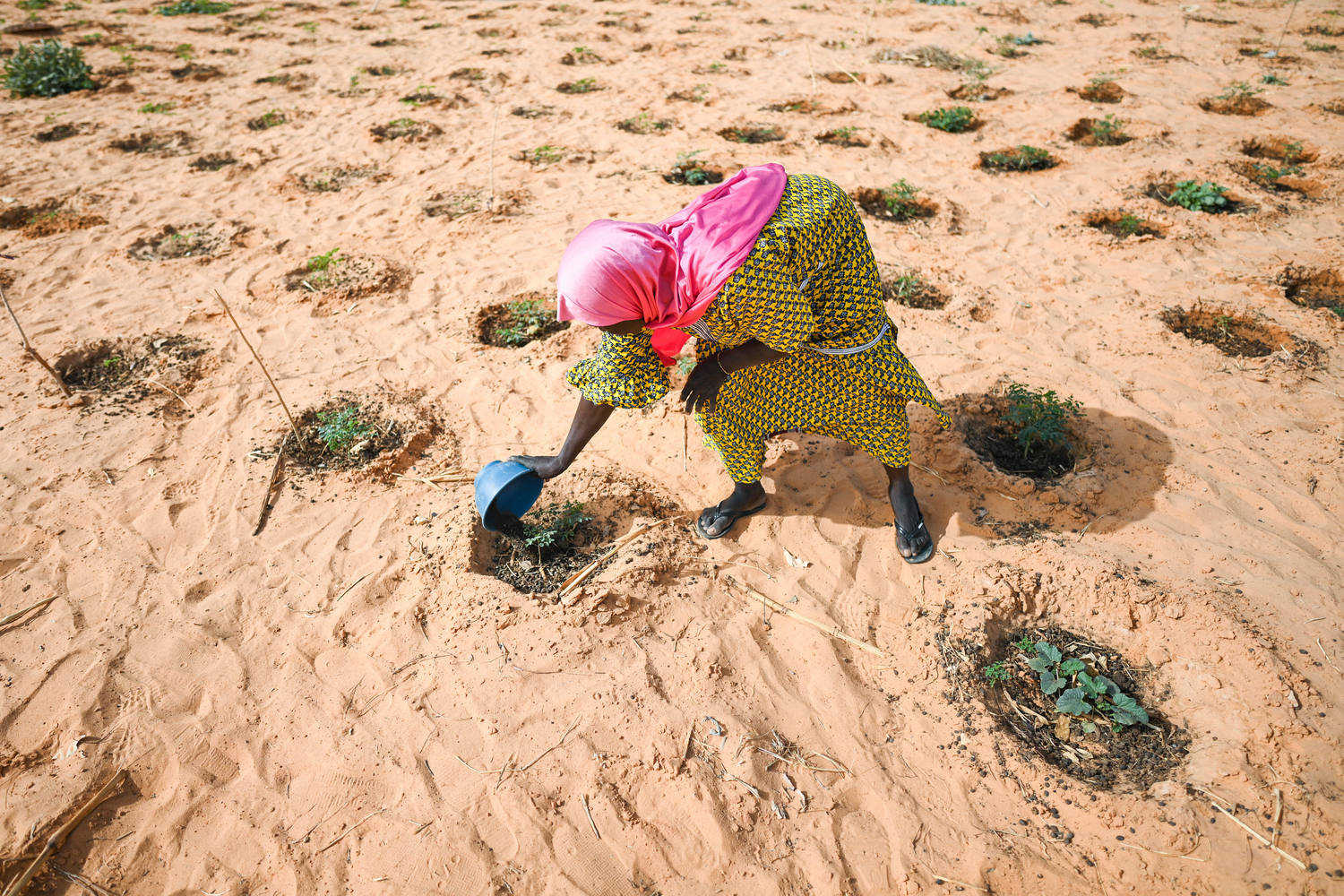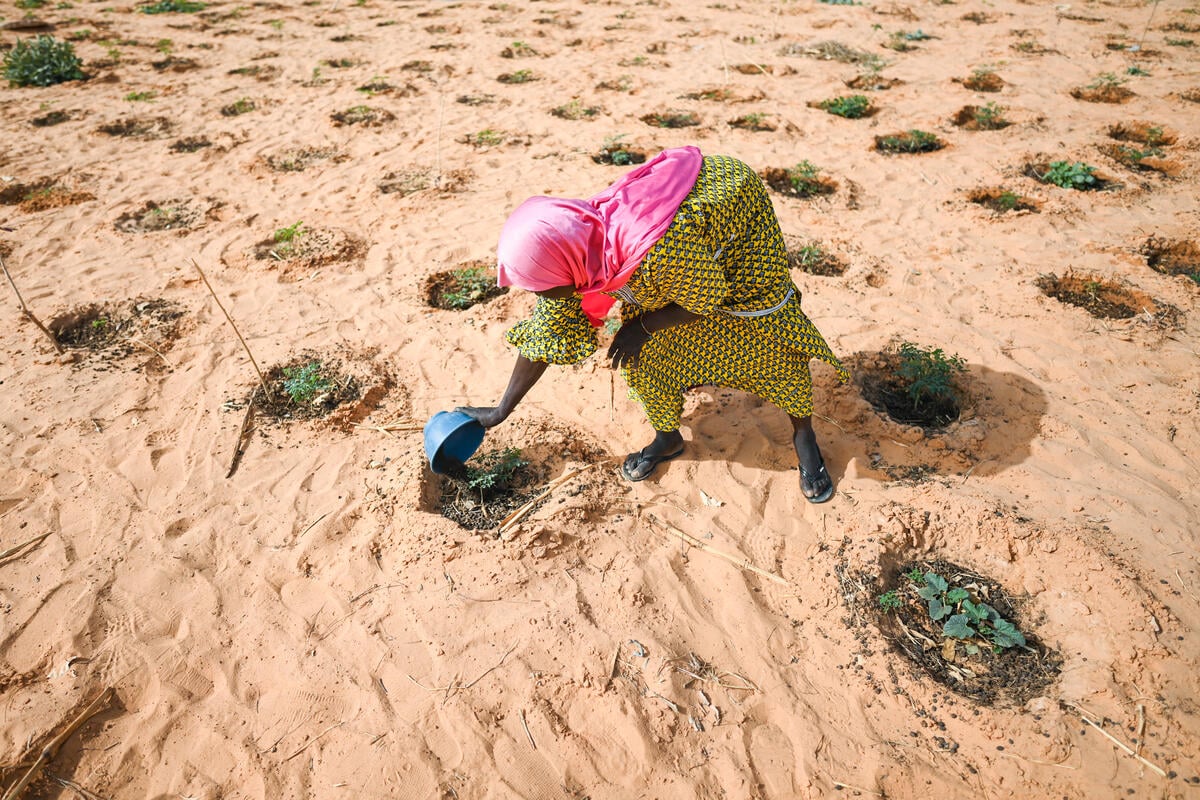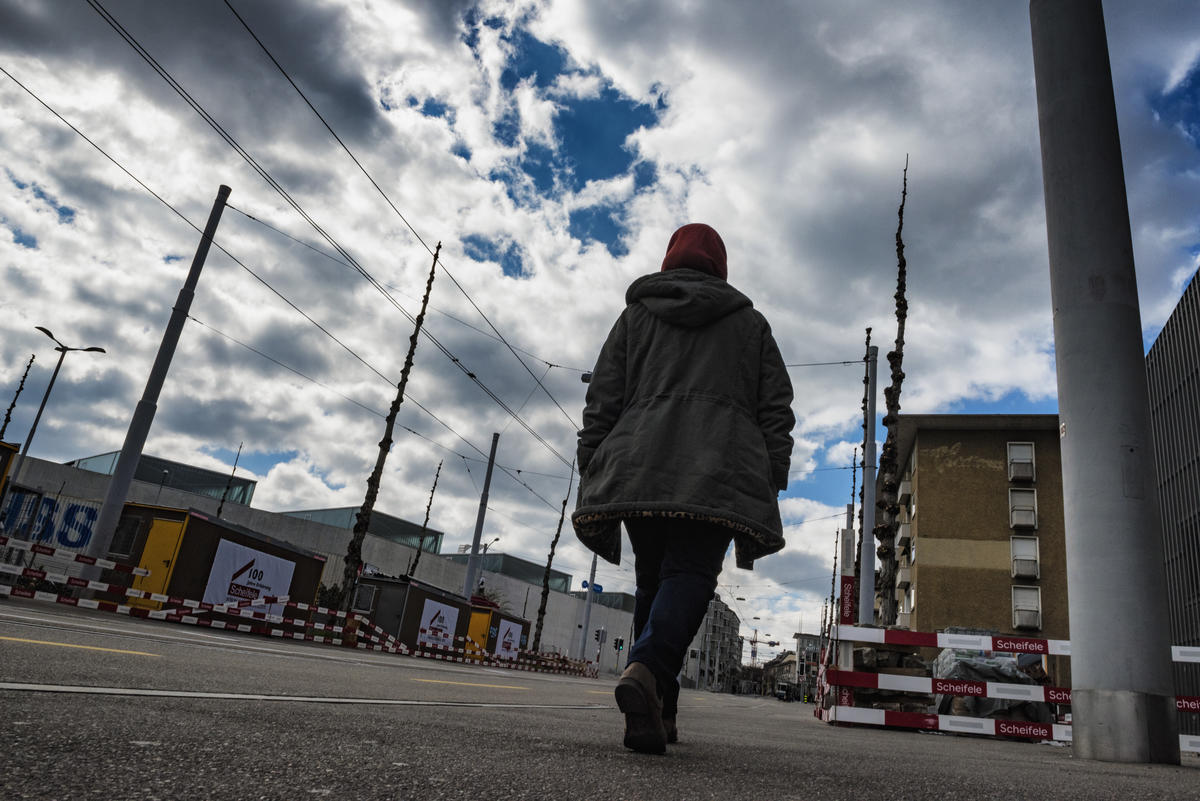Rio+20 summit: UN refugee chief calls for joint approach to urban refugees, displaced
Rio+20 summit: UN refugee chief calls for joint approach to urban refugees, displaced

RIO de JANEIRO, June 21 (UNHCR) - The UN High Commissioner for Refugees, António Guterres, has urged international organizations to partner with local communities and national authorities to provide solutions for those moving into cities in search of a better life.
Speaking at a side event Wednesday at the UN Conference on Sustainable Development, dubbed Rio+20, Guterres also called on the international community to agree to guiding principles to ensure the protection of those forced to cross borders due to natural disasters linked to climate change.
"Partnership is the name of the game in this context," said Guterres. "A proper system of protection for these populations must marshal the efforts of local authorities, local civil society, organizations representing refugees and displaced persons themselves, as well as central governments and international organizations. We all have to work together."
The event, jointly organized by UNHCR and the Organization for Migration (IOM), highlighted the vulnerabilities of migrants, displaced persons and refugees living in cities and brought together the heads of three major organizations working in the field.
Also taking part were the IOM Director General, William Swing, and the Special Representative of the UN Secretary General for Disaster Risk Reduction, Margareta Wahlström. Other panelists included the Executive Coordinator of the Rio+20 conference, Elizabeth Thompson, and the Foreign Secretary of Bangladesh, Mohamed Mijarul Quayes.
Guterres' call for partnership was echoed by other panelists. "Building fortresses won't help to stem the tide of migration," said the IOM Director General. "Societies need to embrace multiculturalism as migration will remain a key feature of the 21st century."
The High Commissioner reminded participants that urbanization is a "mega trend" and remarked that more than 50 percent of those of concern to UNHCR are already living in cities among the urban poor, often in areas lacking the basic essential services. The interaction of urbanization with other trends, such as population growth, water scarcity, food insecurity and climate change, is the "defining feature of our time" he said.
"The distinction between economic migrants and refugees is increasingly blurred," Guterres stressed. "More and more people are forced to move without neatly fitting the definition of the 1951 Convention," he said, referring to the key legal document in defining who is a refugee, their rights and the legal obligations of states.
The UNHCR chief also praised Brazil for granting permanent resident status to Haitians displaced by the 2010 earthquake on humanitarian grounds. "While not refugees under the 1951 Convention, Brazil found a pragmatic approach to recognize their need for protection," he said.
Guterres' agenda in Rio also included a meeting with the Global Alliance for Clean Cookstoves, of which UNHCR is a founding member. In the presence of Sweden's Minister for Development, Gunilla Carlsson, and the UN Foundation head, Timothy Wirth, Guterres praised the initiative's contribution to reducing the time women spend collecting firewood around refugee camps which lessens the risks of rape, to which many are exposed.
By Luiz Fernando Godinho in Rio de Janeiro, Brazil








